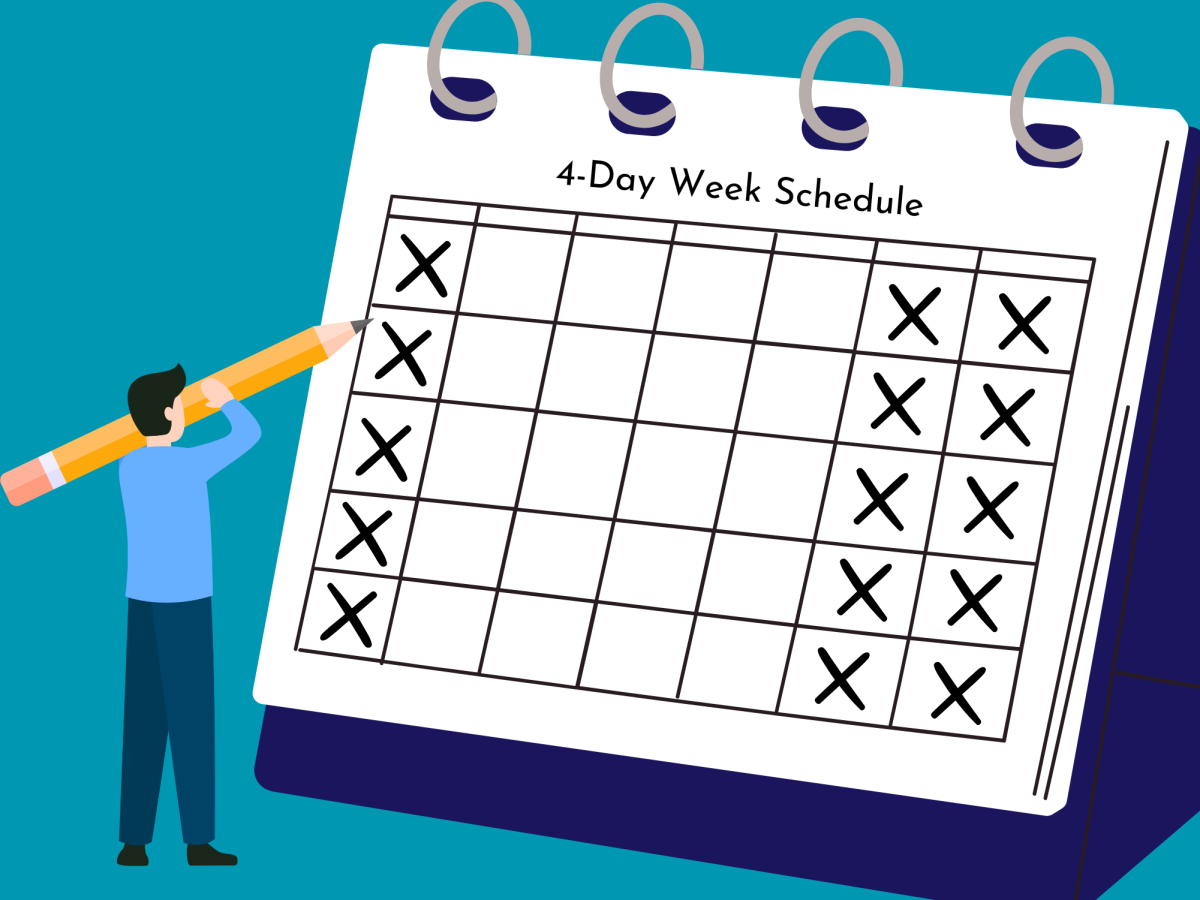A Later School Day Start
Many students feel like the school day starts too early.
February 28, 2022
For the longest time, school has begun from 8:20 every morning to 3:30 mid-afternoon. Thousands of students everyday experience the arduous school climate for seven hours, showing up present to the class and heading home straight after or to other extracurricular activities.
School start times have been scientifically proven to interfere with a student’s performance throughout the school day. Drowsiness, lack of energy, and performing poorly in school are just a few of the results that come with early start times.
“I would be more well-rested and ready to learn if school started later,” Emilia Wauthier (10) said.
Getting a good night’s sleep as an adolescent is a crucial component to excelling in the academic environment that is school.
“On average, I get about six or seven hours of sleep a night,” Alexis Griffith (9) said.
The American Academy of Sleep and Medicine recommends teenagers aged 13 to 18 regularly get eight to ten hours of sleep per night. With the combination of school and various other activities, students seem to be struggling with keeping up.
School is not the only task on a student’s to-do list to complete every day. There are countless after-school clubs and extracurriculars that fill up time, hindering the amount of sleep a student gets per night.
“I play soccer and practices sometimes go really late and then the load of homework I have next follows that,” Luciana DiMatteo (10) said.
The pile of homework that an average student receives per day is something that cannot be interchangeable. But, a change in school start times could be a deal that is implemented to further promote a healthier and academically readier student.
This doesn’t necessarily mean that school starts at noon.
“School should start at around 9 o’clock. I would be more rested and it would be easier to focus,” Elyse Bailey (9) said.
Generally, school beginning at a later time would provide several benefits to students across the building. Finally having the time to eat breakfast, improved test scores, and better self-regulation are all effects that will be beneficial for a student long term.
Small steps lead to big changes. Developing better habits for teens across schools will have promising results and a favorable idea for students to support.




























